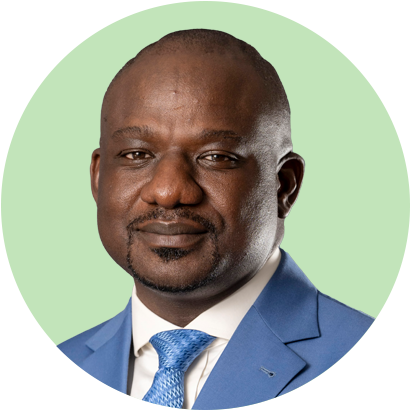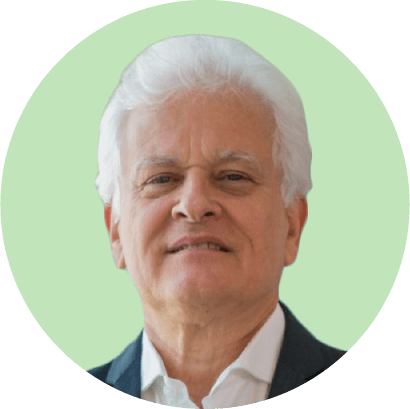Every month we have focus on one of our Implementation Partners; this program was set up to support providers in establishing ICHOM Sets within daily clinical practice, and our network offers support in technical, change management, costing and resource planning.
This month we are interviewing our new implementation partners Valor Saúde Brasil. We are excited to hear from Dr Tania Grillo, President and Renato Couto, President.
Q: Can you give us a brief introduction to Valor Saúde Brasil, and what you do?
For three decades, we have been working with integrated management methods and technology to enable organizations to deliver the best healthcare outcomes with maximum efficiency and waste control, always placing the patient at the core of everything we do. The Valor Saúde Brasil® platform – built upon data generated by DRG Brasil® and predictive outcome algorithms using Artificial Intelligence – generates value delivery Key Performance Indicators (KPIs). This platform supports the structuring of clinical governance, including functions like health regulation, health promotion, disease prevention, value-based care, value-based reimbursement, healthcare system planning, and continuous improvement in healthcare value delivery.
Our purpose is to touch the hearts and minds of people every day, involving them to drive a true transformation in the healthcare system and make a positive impact on the life of every Brazilian citizen. Empowering individuals is one of our fundamental pillars.
Q: What is Valor Saúde Brasil’s expertise in helping clients with Value-Based Care?
We enhance our clients’ organizational processes through a combination of technology, training, and evidence-based consulting, characterized by simplifying healthcare complexity and ensuring the swift attainment of results. We cultivate communities committed to value-based healthcare, where knowledge is shared, care levels are elevated, and waste is controlled in both private and public healthcare.
Q: What do you see as the biggest challenges – and opportunities – in expanding the network of healthcare providers using VBHC models?
The biggest challenges in expanding the network of healthcare providers using VBHC models lie in shifting from traditional fee-for-service models to outcome-based care, overcoming resistance to change, and ensuring consistent data collection and analysis. Additionally, promoting collaboration among providers, payers, and regulators to establish aligned incentives is crucial. However, the opportunities are significant; VBHC can lead to improved patient outcomes, cost efficiencies, and enhanced patient satisfaction. By leveraging technology, fostering a culture of value-driven care, and demonstrating the tangible benefits of VBHC, we can encourage more providers to embrace this transformative approach, ultimately leading to a more effective and patient-centric healthcare system.
Q: What message do you have for our different audiences (e.g., providers, regulators, payers, patient organizations etc.) about how they can support the transformation to an outcomes-based healthcare system?
We have a great opportunity because a transformation towards a value-based healthcare system is beneficial for everyone.
The patient can reduce their physical and psychological harm and lower their costs. With a value-based approach, patients can experience better outcomes, improved care coordination, leading to a satisfied patient community.
Society can ensure greater access to the healthcare system and increase its economic competitiveness.
Healthcare system payers can achieve the triple aim: better care for individuals, improved health of populations, and lower per capita costs, preserving precious resources for sustainability.
As healthcare service providers shift their focus from volume to value, the reduction in wasteful practices creates an opportunity for resource-sharing among stakeholders in the healthcare system.
Q: Can you share any examples where you’ve helped clients successfully adopt VBHC models?
We have a wide variety of successful case studies from our clients, including:
One of our clients from the public healthcare system in the city of Belo Horizonte, which has 2.5 million inhabitants, managed to achieve an additional 33,996 hospital admissions per year without any additional resources, thus increasing the population’s access to hospital services. They utilized our technology to implement processes and routines for monitoring healthcare quality and safety, while also reinforcing best practices in the hospital environment.
A 500-bed hospital, Márcio Cunha, used our technologies to improve bed utilization efficiency and enhance their sepsis protocol. Over a period of two and a half years, the institution successfully reduced the mortality rate of sepsis patients by 26%. The efficient use of beds resulted in savings of R$ 2.3 million Brazilian reais.
In a health insurance provider, Unimed Belo Horizonte, with 1.5 million lives, our technology is employed to measure the delivery of value in healthcare by the hospital network. Hospitals providing services to the insurance provider can receive up to a 3% increase in their annual gross revenue if they achieve the agreed-upon value delivery targets. Over ten years, there was an increase of R$150 million in provider reimbursement based on value delivery. Patients experience improved outcomes, reducing waste which leads to reduced plan costs, better hospital reimbursement, and the economic sustainability of the insurance provider.
Another payers, Unimed Santa Maria, with 44.841 lives, uses our technology to enhance the value delivered to patients admitted to hospitals. Through a care coordination program, improved patient safety, and shared savings from waste control. They observed improved healthcare outcomes and waste management. In just one year, the value delivery results allowed for a reduction of R$5.5 million Brazilian reais in waste and an increase of R$4.7 million Brazilian reais in medical reimbursement.
Q: How do you think the healthcare part of your business will look ten years from now – and what role will VBHC models play within it?
Value-based healthcare has always been and will always be the sole purpose of all activities within our organization. What changes over time are the available methods that advance with science and technology; this is the singular path to fulfill our mission of improving the lives of Brazilians by delivering better health levels, with a greater focus on the patient, providing a better user experience, enhanced safety, improved efficiency, and ensuring timely and equitable access.




















